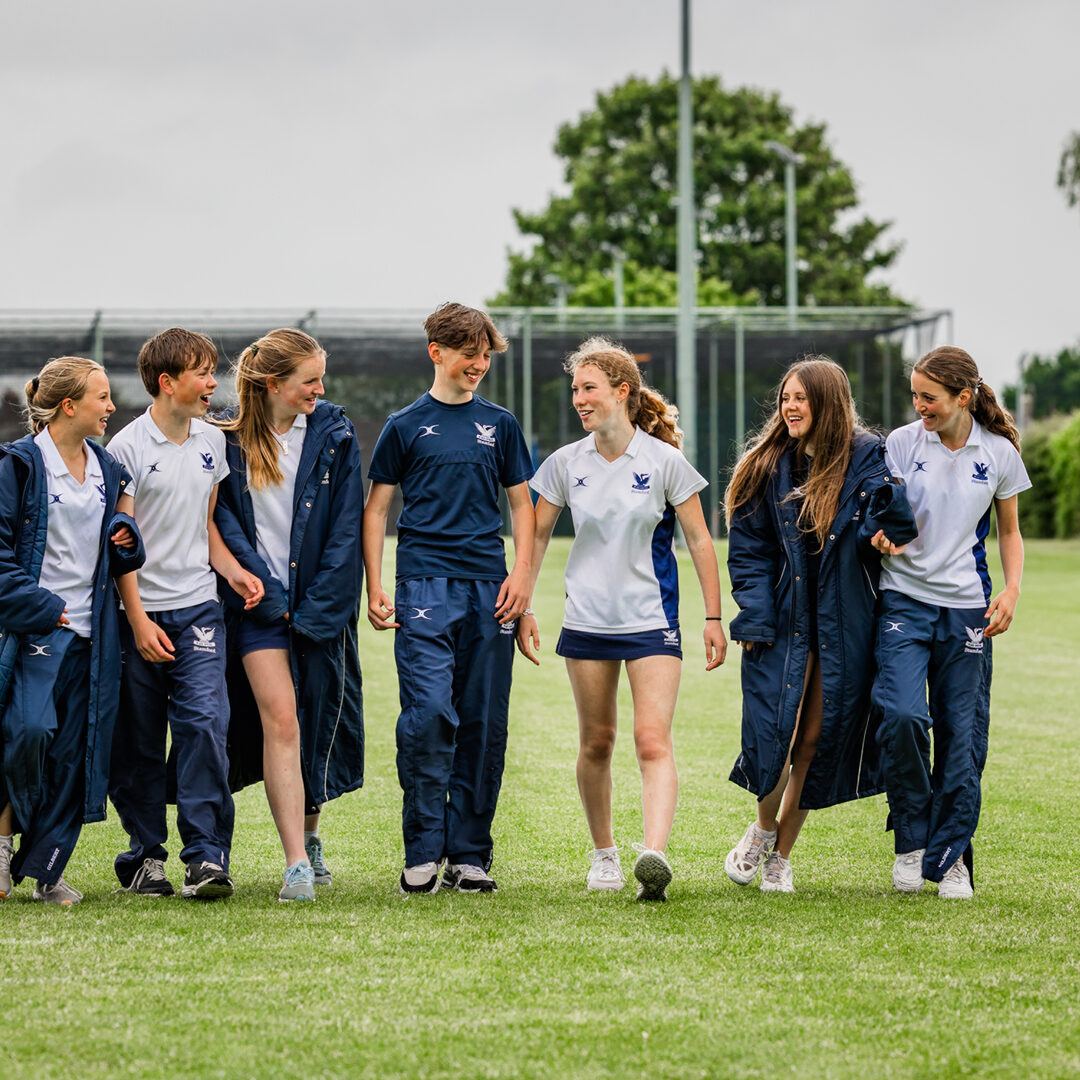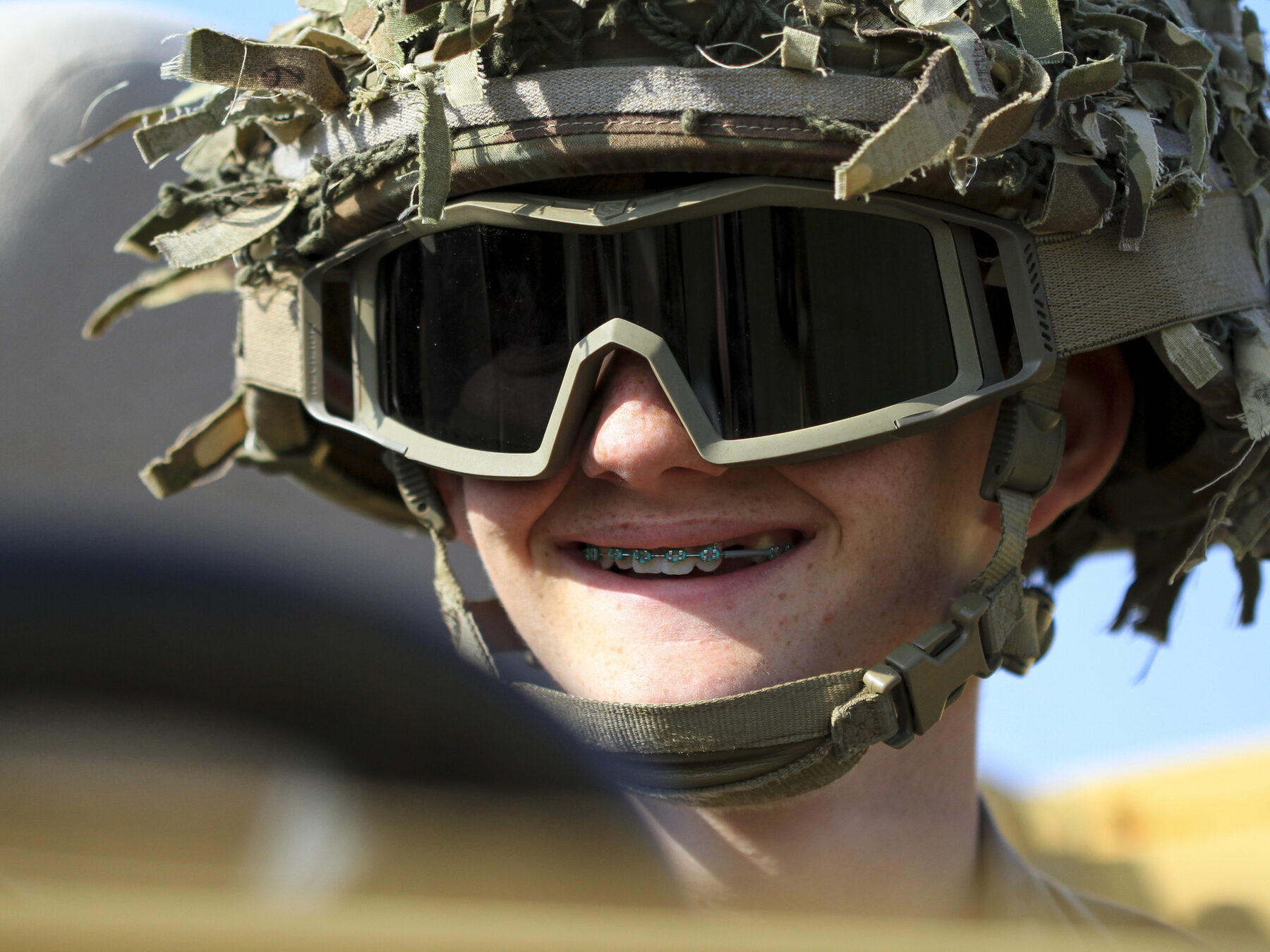
Applications now open for September 2026
Applications are now open for September 2026 entry for:
• Junior School
• Year 7
• Year 12 Sixth Form

Applications are now open for September 2026 entry for:
• Junior School
• Year 7
• Year 12 Sixth Form
Press Enter to search or ESC to close
Membership of the CCF is voluntary, with students choosing to join at the start of Year 10. They select the section that most appeals to them, and cadets parade on Friday afternoons.
Beyond weekly training, cadets can take part in weekend activities, service-specific courses and military competitions. A week-long summer camp at the end of term offers further opportunities for challenge and adventure.
Senior cadets can join specialist courses featuring advanced military and outdoor training. Royal Navy cadets spend time afloat at Rutland Water, while RAF cadets enjoy gliding and flying experiences.
The CCF has an excellent provision of training resources, including a 25-metre indoor firing range and a high fidelity flight simulator.
CCF activities also make good use of the Schools’ classrooms, IT and sports facilities.
Contingent training is supported by regular visits from regional cadet training staff from all three services.
Each Section is directed and managed by a dedicated team consisting of Cadet Force Adult Volunteers who have been commissioned into the Cadet Forces. All adults are trained specifically to work with cadets. The Schools also have their own full-time School Staff Instructor.
The contingent at Stamford has a ‘Section’ from each of the three services: Royal Navy, Army and Royal Air Force.
Each Section is directed and managed by a dedicated team consisting of Cadet Force Adult Volunteers who have been commissioned into the Cadet Forces. All adults are trained specifically to work with cadets. The Schools also have their own full-time School Staff Instructor. Contingent training is supported by regular visits from regional cadet training staff from all three services.
The Army Section promotes the core values of the British Army, Courage, Integrity, Respect, Discipline, Selfless Commitment and Loyalty. Cadets follow the APC syllabus through weekly training in drill, navigation, fieldcraft, skill at arms, first aid and self-reliance.
Training is reinforced through Field Days, weekend exercises and an annual camp, with senior cadets progressing to leadership courses such as SCIC and CLC.
Cadets build teamwork, pride and resilience, and can take part in leadership and adventure training, including range practice and courses at the Cadet Centre for Adventure Training (CCAT).
The RAF Section follows the RAF Air Cadets Progressive Syllabus of Training. Cadets progress from Second Class to Master Air Cadet through online learning and practical sessions.
Training includes drill, military knowledge, weapons handling, first aid, teamwork and leadership, with opportunities to attend summer camps at RAF stations.
Senior cadets can complete the CFIT course to develop leadership skills, and Master Air Cadets earn a Level 2 BTEC in Aviation Studies.

